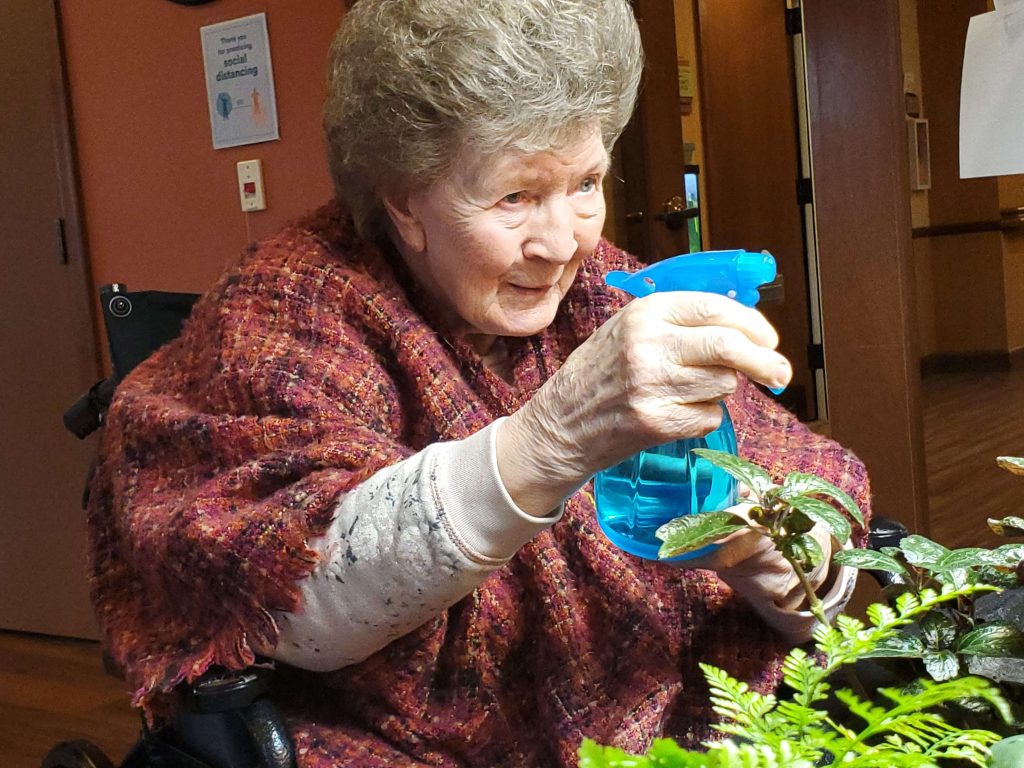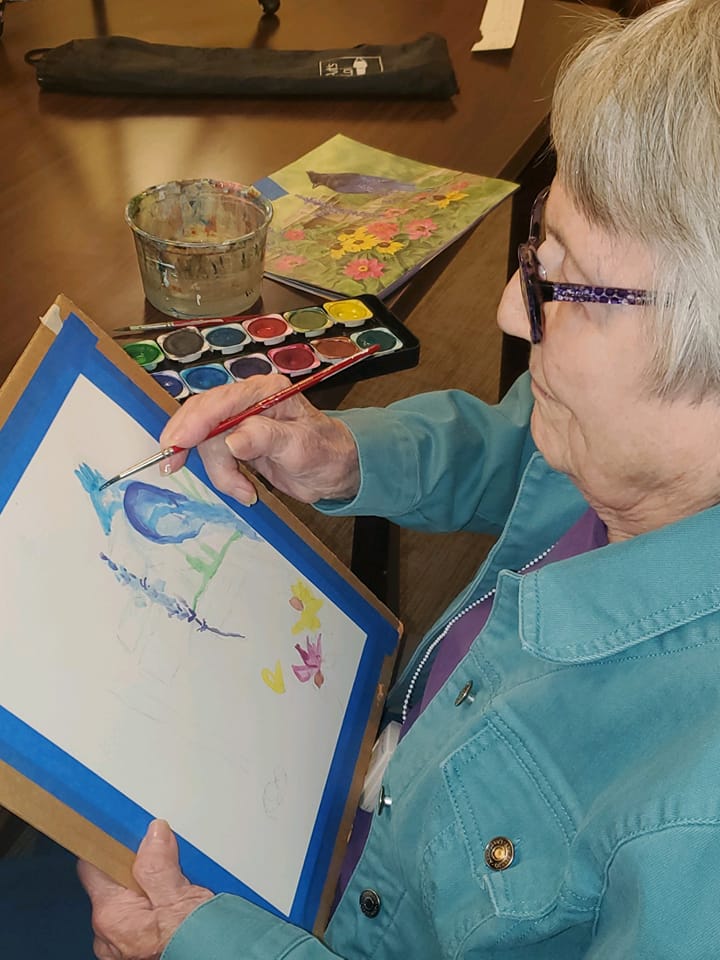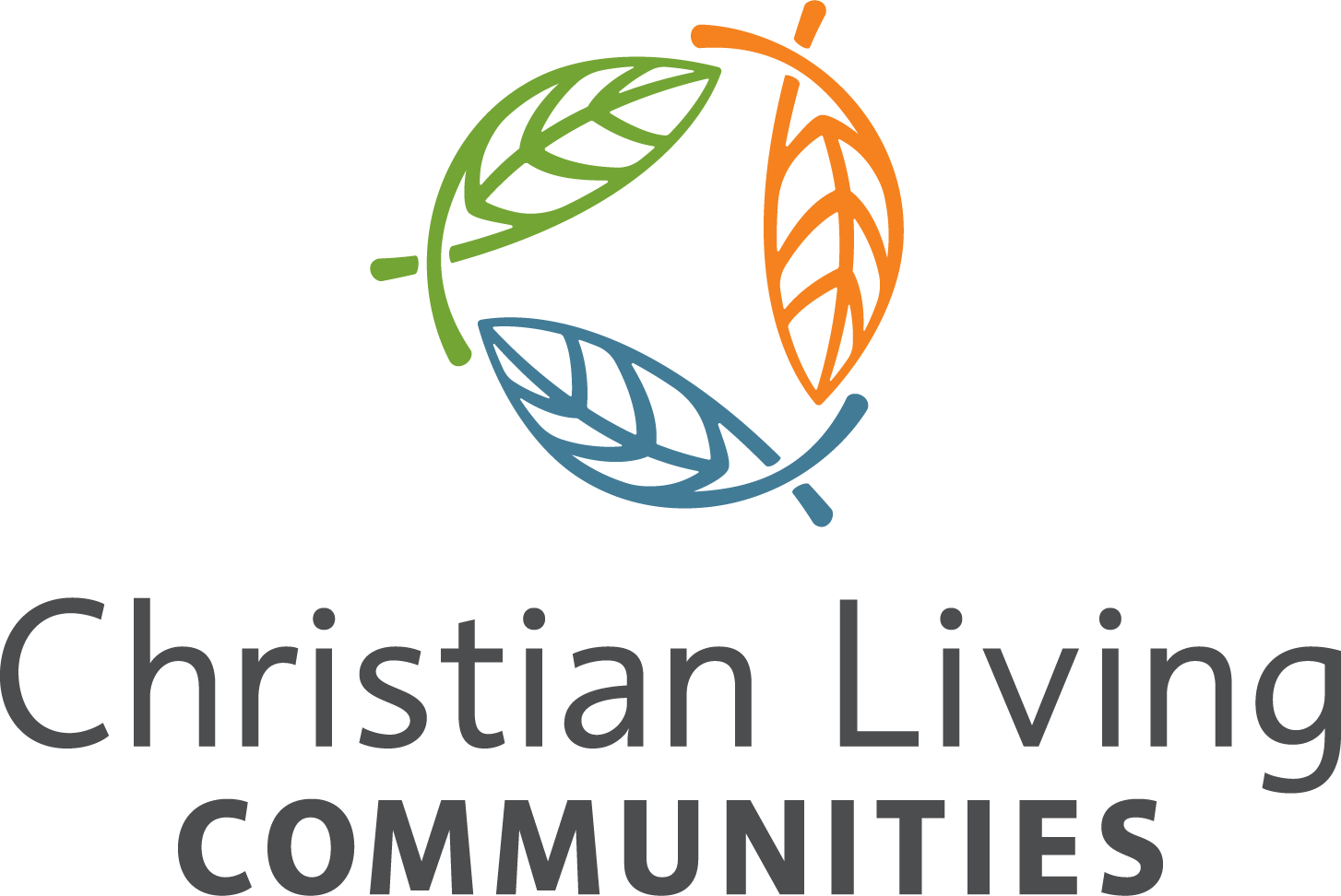When searching for a potential home for yourself or a loved one, you may notice each has unique features that set it apart. One of the most critical aspects of senior living communities is whether they operate as a for-profit or non-profit organization.
There are critical differences between for-profit and non-profit senior living communities that can make a significant impact on your family member’s experience. Learning the distinctions between for-profit and non-profit senior living communities, and the quality of care they offer, can help you narrow the search and make the right choice for your loved one and family.
For-Profit vs. Non-Profit Senior Living Communities
There are different types of senior living communities based on the level of care needed for the individual: 55+ active adult living, independent living, assisted living, memory care, short-term rehabilitation, skilled nursing, home care and adult day programs. After assessing the needs of a resident, communities may assist with daily living, life enrichment, supervision, and transportation, among other services and amenities.
While for-profit and non-profit organizations both charge a monthly fee, there are several differences between these two types of communities.
What Is For-Profit Senior Living?
For-profit living communities are private businesses and thus accountable to stakeholders or the large national chains to which they belong. While these organizations may provide high-quality services and amenities, they are designed to turn a profit from rent and fees. Approximately 81% of assisted living communities are for-profit, meaning they are part of a chain or privately owned.

What Is a Non-Profit Senior Living Community?
Non-profit senior living communities, in contrast, are typically associated with a group, whether religious, professional or ethnic. Many non-profit communities are mission-driven organizations. While these communities charge fees for residents to stay, non-profit organizations reinvest these funds back into the costs of running the community. Essentially, every time you pay for a loved one to stay at a non-profit living community, these payments go directly back to the community after expenses.
Quality of Care at Non-Profit and For-Profit Communities
When discussing the quality of care offered at non-profit and for-profit senior living communities, it’s important to note that no one rule applies to them all. However, there are a few foundational differences in these communities that can impact care in specific ways.
Since for-profit organizations aim to turn a profit, it can be easy for them to prioritize their bottom line over resident care.
On the other hand, a smaller non-profit community has its advantages. They only seek funding to provide comfortable care for each person. As a result, each person’s fee is invested back into the community, and every resident can benefit from the financial stability of the non-profit organization.

Benefits of Non-Profit Senior Living
Beyond the tangible differences between non-profit and for-profit communities, you may find comfort knowing your loved one’s community is mission-driven rather than driven by a stakeholder or chain. At a non-profit senior living community, your loved one’s well-being and quality of care come first.
More specific benefits of non-profit senior living include:
1. A Driving Mission
While many people see that their fees stay within a non-profit living community as reason enough to choose these residences, others see a benefit in the community’s mission or affiliation. For instance, a non-profit driven by a religious organization can provide services based on that religion while accepting all faiths and beliefs.
The same goes for other non-profits run by other groups. Older adults hoping to maintain their traditions may seek these organizations and services that aren’t always available in for-profit communities.
2. The Board of Directors’ Role
A non-profit is run by a board of directors who take care of legal and ethical governance. The committee seeks compassionate members to fill their seats as people’s term limits expire. They hire and oversee the CEO while sharing resources and ensuring the organization will remain sound and beneficial for all residents.
This means listening to residents’ inputs and forming relationships with local businesses and organizations to keep the older adult community connected to the wider community.
At Christian Living Communities, the all-volunteer Board of Directors is carefully selected for a variety of experiences and skill sets to serve older adults and advise for our future success.

3. More Sources of Funding
Some non-profit organizations may receive government grants since they work toward furthering a cause or public benefit. This status allows these organizations to receive donations from various sources. The flexibility enables non-profit senior living communities to provide additional support to residents without proper resources. For example, long-time residents who cannot receive more funding may receive a cost reduction thanks to generous donations.
In many ways, organizations like Christian Living Communities are able to pursue and sustain their missions and values because of such support. The gifts of CLC supporters have funded countless programs and projects that have enriched the lives of residents and team members, from therapeutic gardens at Someren Glen and Clermont Park and expanded Chaplain services, to team member critical needs funding, scholarships, and respite retreats.

4. More Individual Care
Staffing is another important aspect of these types of communities to consider. You’ll want your loved one to receive high-quality care in their assisted living, memory care, or skilled nursing community. Since for-profit organizations will look for the best ways to maximize profits, having fewer healthcare professionals can mean fewer expenses. At a non-profit living community, the amount you spend will go directly toward the salaries of those caring for your loved one.
A smaller organization may translate into a better staff-to-resident ratio, providing opportunities for residents to receive more individual attention and care from providers. More staff also means residents can create more profound, meaningful connections with staff and experience a greater sense of well-being.
Foundational to the quality of care at CLC communities is our investment in team member training through The Eden Alternative. The Eden Alternative’s approach is built on a person-directed, whole person philosophy of care. The goal of this framework is to empower residents and team members to transform institutional approaches into cultures of growth and passion. Through the generous gifts of CLC supporters, numerous team members have completed the Certified Eden Associate Training and are engaged in the important work of culture transformation within the senior living field.
5. Focus on Community
 High-quality care goes beyond essential medical attention. It includes the social and emotional benefits of a community. Ensure the senior living community you choose for your loved one provides life enrichment that benefits their well-being. Social outings and compassionate care help your family member flourish in their new community. The shared values between residents, team members, and board members can help unify them and strengthen connections.
High-quality care goes beyond essential medical attention. It includes the social and emotional benefits of a community. Ensure the senior living community you choose for your loved one provides life enrichment that benefits their well-being. Social outings and compassionate care help your family member flourish in their new community. The shared values between residents, team members, and board members can help unify them and strengthen connections.
At Someren Glen, gifts from CLC supporters have helped to fund twice-monthly art classes for the community’s many talented artists.
Find Non-Profit Care at Christian Living Communities
It’s essential to learn how non-profit and for-profit living communities operate so your loved one receives the right care. As you now know, these senior living communities structurally differ, with non-profit organizations providing a vast array of benefits.
Christian Living Communities is a non-profit organization that provides high-quality, compassionate care for older adults. We believe in the power of community, citizenship, and embracing each person’s unique contributions. Our communities offer an engaging lifestyle for all residents, where they can live with dignity and respect.
To learn more or find a senior community near you, contact us today.


